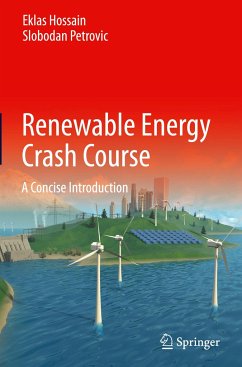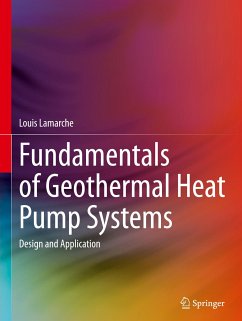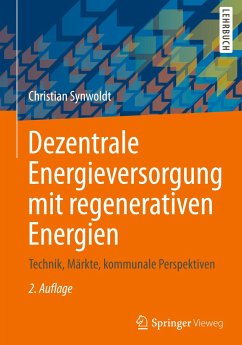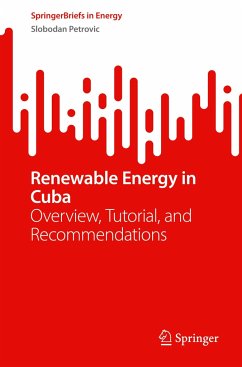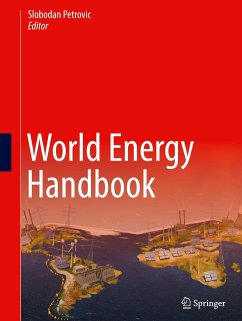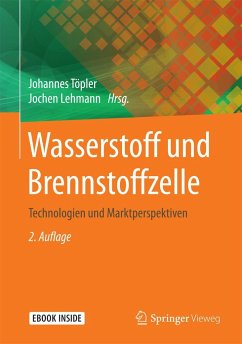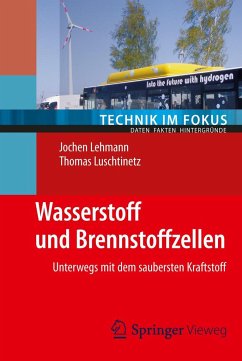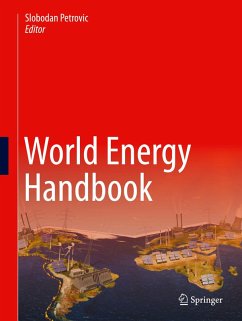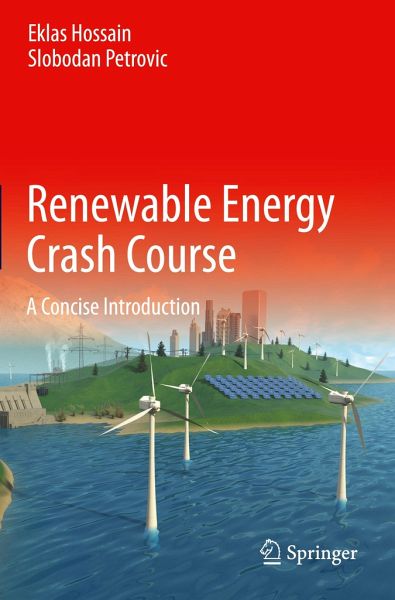
Renewable Energy Crash Course
A Concise Introduction
Versandkostenfrei!
Versandfertig in 6-10 Tagen
53,49 €
inkl. MwSt.
Weitere Ausgaben:

PAYBACK Punkte
0 °P sammeln!
This book is a concise reader-friendly introductory guide to understanding renewable energy technologies. By using simplified classroom-tested methods developed while teaching the subject to engineering students, the authors explain in simple language an otherwise complex subject in terms that enable readers to gain a rapid fundamental understanding of renewable energy, including basic principles, the different types, energy storage, grid integration, and economies. This powerful tutorial is a great resource for students, engineers, technicians, analysts, investors, and other busy professional...
This book is a concise reader-friendly introductory guide to understanding renewable energy technologies. By using simplified classroom-tested methods developed while teaching the subject to engineering students, the authors explain in simple language an otherwise complex subject in terms that enable readers to gain a rapid fundamental understanding of renewable energy, including basic principles, the different types, energy storage, grid integration, and economies. This powerful tutorial is a great resource for students, engineers, technicians, analysts, investors, and other busy professionals who need to quickly acquire a solid understanding of the science of renewable energy technology.





